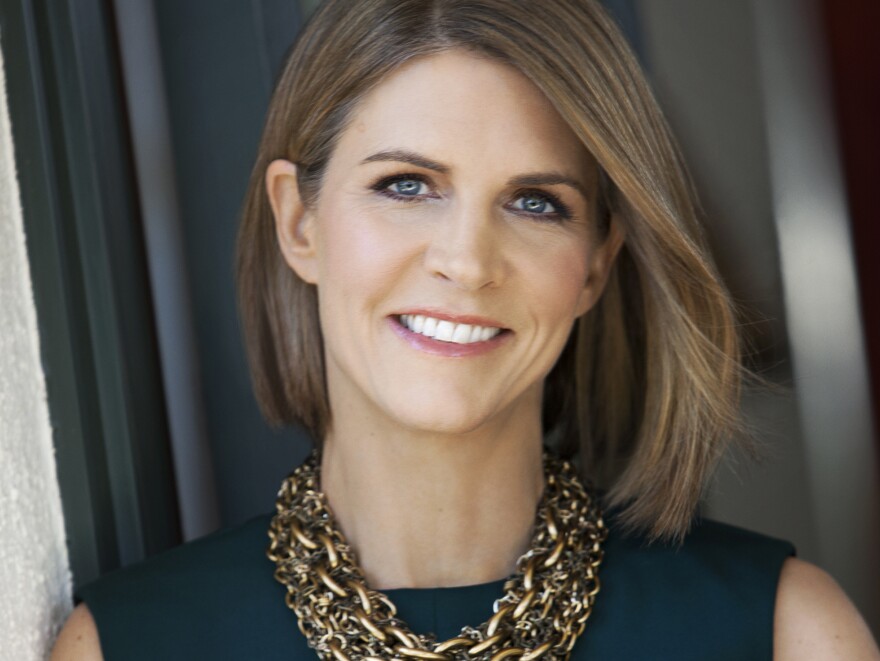The nominee to be U.S. ambassador to, say, Hungary should be able to explain what the U.S. strategic interests are in that country — right?
But Colleen Bell, a soap opera producer and President Obama's appointee to be U.S. envoy to that European country, struggled to answer that simple question during her recent confirmation hearing.
"Well, we have our strategic interests, in terms of what are our key priorities in Hungary, I think our key priorities are to improve upon, as I mentioned, the security relationship and also the law enforcement and to promote business opportunities, increase trade ..." she responded, grasping for words, to a question by Sen. John McCain (R-AZ) on Jan. 16. (You can see the full hearing here.)
As McCain tweeted later about the confirmation hearings that day: "You can't make this up."
President Obama used to say that he wanted to rely more on career diplomats to serve as U.S. ambassadors. But the State Department's professional association, the American Foreign Service Association or AFSA, says that he has named a higher percentage of political appointees than his predecessors. He's given plum assignments to political donors such as Bell, who have made headlines recently with embarrassing gaffes at their confirmation hearings.
The AFSA has been so worried about how ambassadors are chosen that it's drawing up a list of basic qualifications for the job: knowing, for example, what U.S. interests are in the country where they are going to work.
The report, to be released later this month, comes at a time when there's been increased scrutiny of Obama's picks.
The AFSA, which keeps track of appointments, says in his second term so far, Obama has named a record number of political appointees, more than half, as compared to other recent presidents, who tend to name donors and friends to about one-third of the ambassadorial posts.
Ronald Neumann, president of the American Academy of Diplomacy, doesn't have anything against political appointees: His father was one.
However, unlike some of the campaign "bundlers" — wealthy fund-raisers who bundle contributions from a variety of donors — getting nominations in the Obama administration, Neumann's father was a professor of international relations, who had traveled and written extensively about the Middle East before serving as ambassador to Afghanistan, Morocco and Saudi Arabia.
"He was an enormously competent appointee who served four presidents, three embassies and two parties, which is kind of unusual," Neumann says of his father. The two men used to joke that they "came into the foreign service together" — his father at the top and Neumann at the bottom.
So Neumann, who like his father served as ambassador to Afghanistan, tries to take an even-handed approach, saying all ambassadors, whether political appointees or career diplomats, need to be vetted properly.
"There is a law, which both parties ignore, about ambassadors needing to be qualified: the Foreign Service Act of 1980," Neumann points out. "People still get through even if they are manifestly not qualified."
There have been some particularly tough confirmation hearings lately, though. The same day McCain quizzed Bell, the Arizona senator was also perplexed when the nominee to become ambassador to Norway, hotel executive George Tsunis, described a party in that country's ruling coalition as "a fringe element." And then there was the recent grilling of Obama's pick for ambassador to Argentina.
At times it's a good idea to have someone with the president's ear out in key countries around the world. But Robert Silverman, president of the AFSA, says most other major powers don't do things this way.
"They send us career professional diplomats as ambassadors," he says, suggesting that "those countries know that career professionals are the people most likely to further their country's interests in the United States. It is a simple matter of sending the right people to the right jobs."
That's why he asked a group of former ambassadors — five political appointees and five career diplomats — to draw up the soon-to-be published list of the basic qualifications for U.S. ambassadors.
Copyright 2021 NPR. To see more, visit https://www.npr.org.



